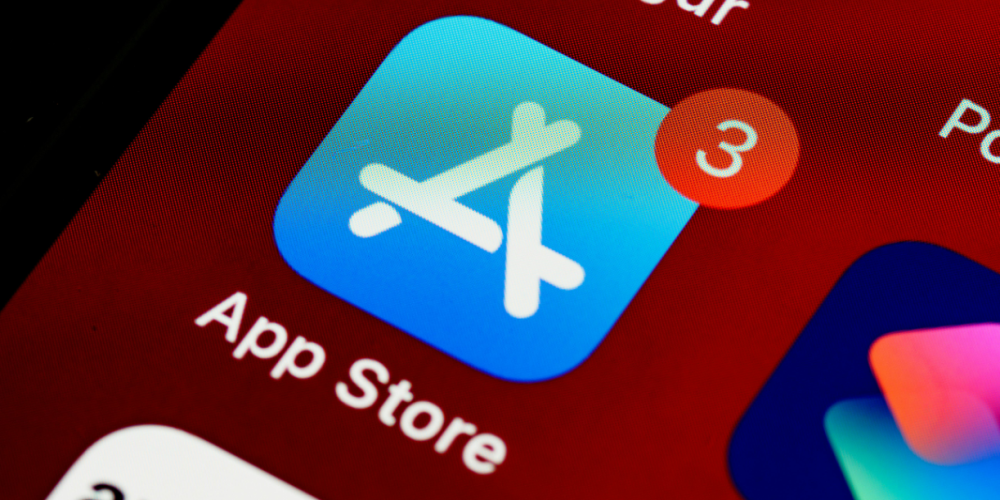Apple Adapts to EU’s Digital Landscape with New Sideloading Policy
- Mar 14, 2024
- 85

The tech ecosystem witnessed a significant shift recently as Apple, a brand once known for its closed software ecosystem, adapted to new regulations in the European Union (EU) by introducing sideloading for iOS devices. This development brings Apple’s policy closer to that of Android's longstanding openness, offering users the freedom to install apps from outside of the native App Store.
The unwavering walls of Apple's garden have started to show cracks as the company unveils its Web Distribution program. For years, the ability to freely install applications from various sources has been a realm dominated by Android, often used as a selling point for those who value autonomy over their device's content. However, Apple has been nudged to reconsider its approach to app installation in light of the legislative changes in EU territories.
With the introduction of Web Distribution, developers now have the green light to distribute their iOS applications directly through their websites, subject to certain conditions. To be eligible, developers must be enrolled in the Apple Developer Program and maintain a positive standing. Additionally, the domain through which apps are distributed must be registered within App Store Connect. These guidelines aim to uphold a standard of trust and security that Apple customers have come to expect despite the more open app distribution method.
Sideloading on iOS devices will see an added layer of security – a nod to Apple's dedication to safeguarding its users – in the form of a Notarization process, which scrutinizes apps before installation. This system mirrors the protective measures seen in Google's Play Protect, signaling Apple's commitment to maintaining security while expanding user freedom. Furthermore, developers are mandated to be transparent about their data usage practices and comply with governmental regulations, emphasizing the importance of user privacy in this new chapter.
Through the required iOS 17.4 update, iPhone users in the EU will witness a transformative phase in the way they access and download apps on their devices. Apple's embracement of sideloading, facilitated by stringent policies and security measures, could mark a new era of user autonomy and developer flexibility within its ecosystem. While the tech giant's venture into a more open platform territory may have been propelled by legislative requirements, it potentially signals a strategic shift that could redefine the dynamics between Apple, users, and developers across the globe.
